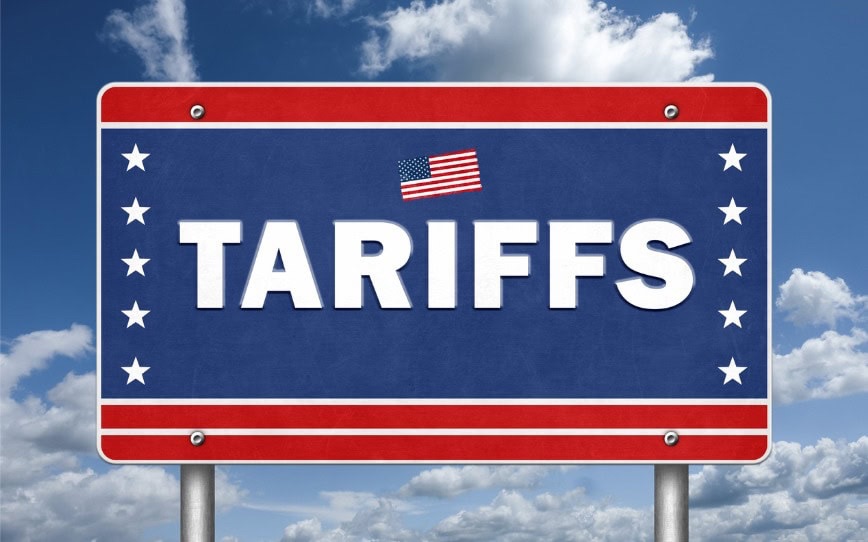
In a significant policy shift, President Donald Trump has announced exemptions for carmakers from certain U.S. tariffs, aiming to alleviate the automotive industry’s growing concerns over escalating costs and supply chain disruptions. This move follows intense lobbying from major automakers and signals a strategic retreat from the administration’s broader protectionist trade stance.
Background: Tariffs and Industry Backlash
Earlier in 2025, the Trump administration imposed a series of tariffs targeting imports from countries like China, Canada, and Mexico, citing national security concerns and efforts to curb fentanyl trafficking. These tariffs included a 25% levy on foreign-made vehicles and parts, significantly impacting the automotive sector, which relies heavily on a complex, cross-border supply chain.
Industry leaders, including executives from Ford, General Motors, and Stellantis, warned that these tariffs would not only increase vehicle prices for consumers but also potentially lead to job losses and reduced competitiveness for U.S. carmakers. Ford CEO Jim Farley notably cautioned that the tariffs could “blow a hole in the U.S. industry that we have never seen.”
The Exemptions: Targeted Relief for Automakers
Responding to these concerns, the administration has decided to exempt certain car parts from the imposed tariffs, particularly those related to steel and aluminum imports. Additionally, components linked to the fentanyl issue with China will also see relief.
While the overarching 25% tariff on foreign-made vehicles and parts remains in place, these exemptions aim to ease the financial burden on carmakers and prevent further disruption to the industry’s supply chains. The decision reflects a balancing act between maintaining a tough trade posture and addressing domestic economic concerns.
Implications for the Automotive Industry
The exemptions are expected to provide short-term relief to U.S. automakers, allowing them to stabilize operations and mitigate immediate cost increases. However, the broader trade environment remains uncertain, with ongoing tensions and retaliatory measures from affected countries.
Analysts suggest that while the exemptions may prevent immediate economic fallout, the long-term implications of the administration’s trade policies could still pose challenges for the industry. The situation underscores the complexities of implementing protectionist measures in a globally interconnected economy.
As the administration continues to navigate the economic and political ramifications of its trade strategies, the automotive sector remains a critical focal point, highlighting the delicate balance between national policy objectives and industry realities.
